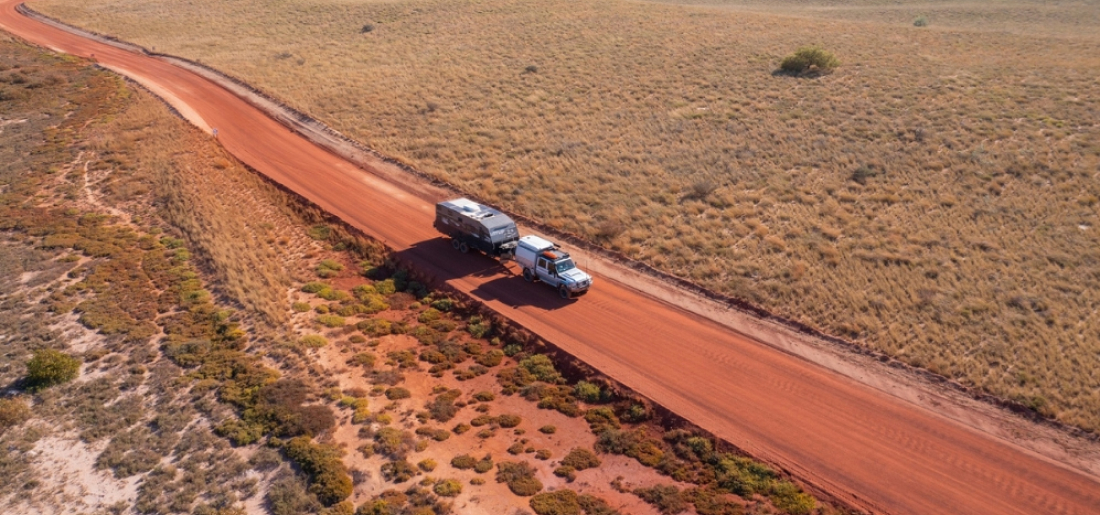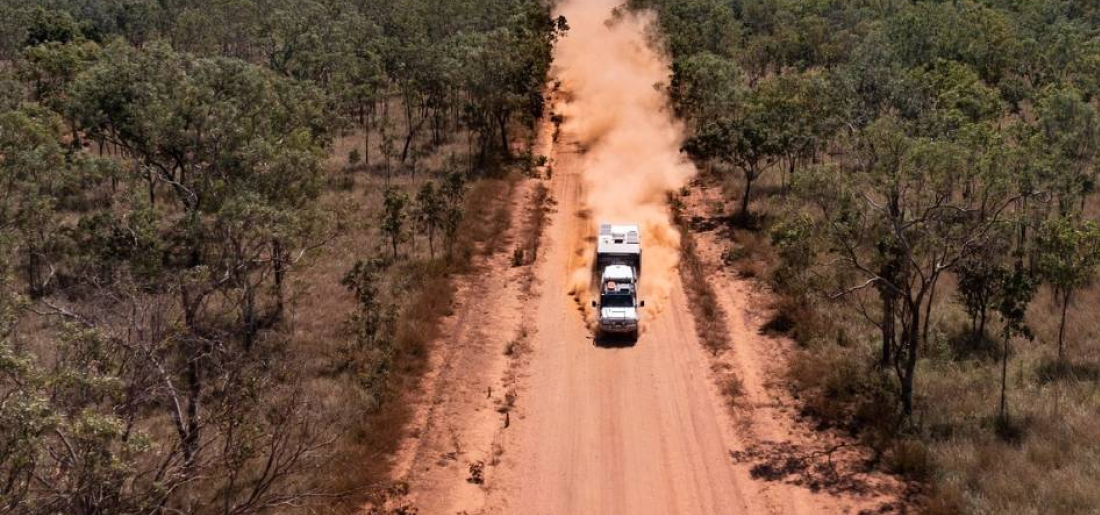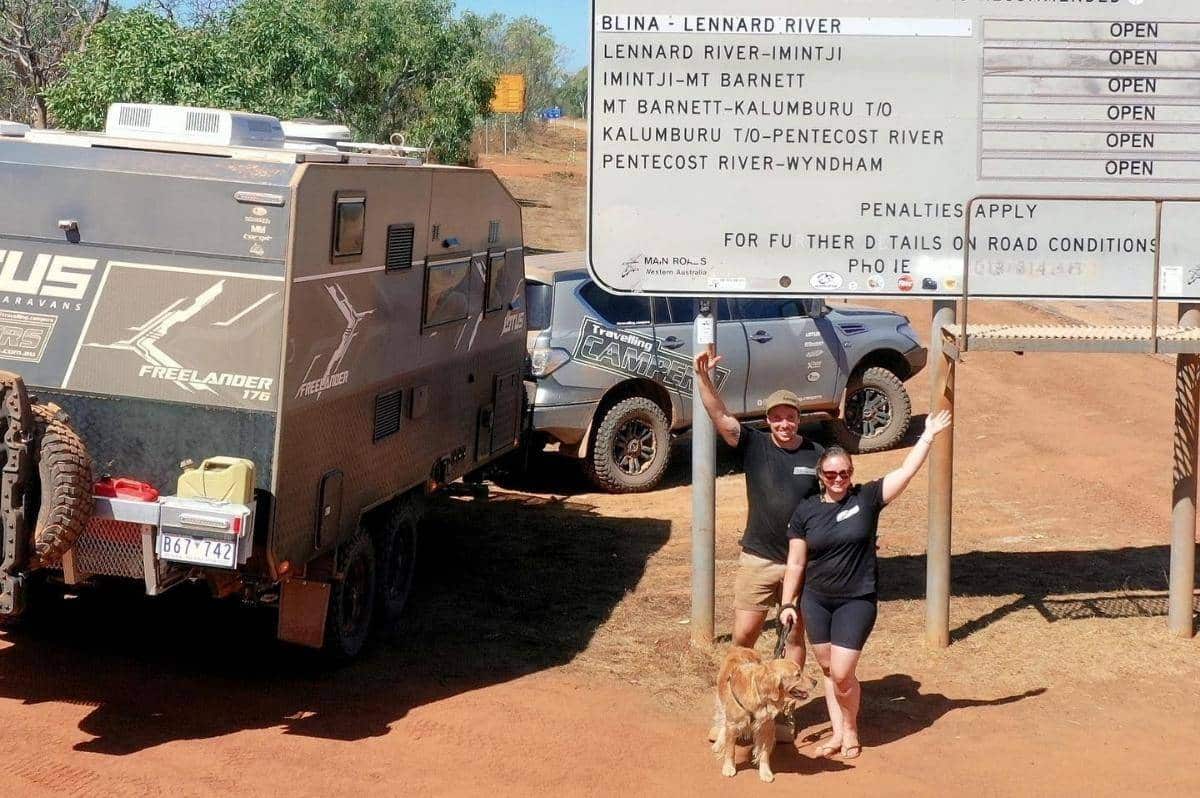EVERYTHING YOU NEED TO KNOW ABOUT DRIVING WITH A CARAVAN
If you’re looking for an adventure on the road, nothing beats caravanning. Whether you’re a first-time caravanner or have been caravanning for years, it’s important to know the basics to ensure a safe and stress-free holiday. In this ultimate guide to caravanning, we’ll cover everything you need to know, from what caravanning is to how to properly tow and prepare your caravan.
Caravanning, What Is It?
Caravanning is a form of travel where you tow a caravan (a portable home on wheels) behind a vehicle. It’s a great way to explore new places while still having all the comforts of home. Caravans come in many different sizes and layouts, so you can find one that suits your needs and budget.
How Much Driving Experience Is Needed For A Caravan?
To drive a caravan, you’ll need a valid driver’s license (full licence) and enough driving experience to make you a confident driver. It’s important to practice driving with your caravan before hitting the open road, so you can get a feel for how it handles and how it affects your driving.
How To Drive And Tow With A Caravan
Driving with a caravan can take some getting used to, but with the right technique, you can do it safely and with confidence. Before setting off, make sure your caravan is properly hitched to your vehicle and that the weight is distributed evenly. Drive at a steady speed and leave plenty of room for braking. It’s also important to take regular breaks to avoid driver fatigue.

How To Reverse With A Caravan
Reversing with a caravan can be challenging, but with some practice, you’ll get the hang of it. Use your mirrors to guide you and take it slow. It’s also helpful to have someone outside the vehicle to guide you and give you directions. Having a reversing camera also helps. They are standard across the Lotus Caravans range.
How To Prepare A Caravan
Preparing your caravan before a trip is essential to ensure a safe and comfortable journey. Make sure everything is in good working order, including the tyres, brakes, and electrical systems. Stock up on essentials like food, water, and bedding. And don’t forget to pack any tools or equipment you might need for repairs on the road.
How To Clean A Caravan
Keeping your caravan clean is important for both hygiene and aesthetics. Start by removing any trash and clutter. Then, wipe down surfaces with a damp cloth and a mild cleaning solution. Don’t forget to clean the windows and vacuum the floors.
Caravanning Jargon
Caravanning has its own set of terms and phrases, so it’s important to familiarise yourself with them. For example, the tare weight is the weight of the caravan without any belongings, while the ATM weight is the maximum weight the caravan can be when fully loaded. Knowing these terms can help you make informed decisions when it comes to buying and using your caravan.
What Is The Tare Weight Of A Caravan?
The tare weight of a caravan is the weight of the caravan without any belongings, such as furniture or appliances. This weight is important to know when calculating how much weight you can safely add to the caravan when loading it up for a trip.
What Is The ATM Weight Of A Caravan?
The ATM weight of a caravan is the maximum weight the caravan can be when fully loaded, including all belongings and water tanks. Exceeding the ATM weight can be dangerous and can also result in legal consequences, such as fines or even a revoked license. It is important to know the ATM weight of your caravan and make sure not to exceed it when loading it up for a trip. To find out the ATM weight of your caravan, you can check the manufacturer’s specifications or have it weighed at a weighbridge.
Does your Caravan Need the Same Documentation as your Car?
When it comes to owning and driving a caravan, many people wonder whether the documentation requirements are the same as they are for cars. The answer is yes and no. While some documentation requirements are similar for both vehicles, there are also some key differences to keep in mind. Here are a few of the key documents you’ll need for your caravan:
- Registration papers: Just like a car, your caravan will need to be registered with the relevant state or territory transport authority.
- Insurance: While it’s not a legal requirement to have insurance for your caravan, it’s highly recommended. Caravan insurance can protect you from financial loss if your caravan is damaged or stolen.
- Roadworthy certificate: Unlike cars, caravans don’t require a roadworthy certificate to be legally driven on Australian roads. However, it’s still a good idea to have your caravan inspected regularly to ensure it’s safe and roadworthy.
Do you Need a Roadworthy for a Caravan?
As mentioned above, caravans do not require a roadworthy certificate in Australia. However, it’s still important to make sure your caravan is safe and roadworthy before you hit the road. Here are a few things to keep in mind:
- Check your tyres: Make sure your caravan tyres are properly inflated and have adequate tread depth. It’s also a good idea to check for any signs of damage or wear.
- Test your brakes: Your caravan’s brakes should be tested regularly to make sure they’re working properly.
- Inspect your lights: Check that all your caravan’s lights are working properly, including indicators, brake lights, and reversing lights.
- Check your gas and electrical systems: Make sure your caravan’s gas and electrical systems are in good working order. This includes checking your gas bottle and regulator, and testing your electrical appliances and wiring.
How Much to Insure a Caravan?
Caravan insurance is not a legal requirement in Australia, but it’s highly recommended to protect yourself from financial loss if your caravan is damaged or stolen. The cost of caravan insurance will depend on a number of factors, including the age and value of your caravan, where you store it, and how often you use it.
On average, you can expect to pay between $200 and $800 per year for caravan insurance. However, it’s important to shop around and compare quotes from different insurers to make sure you’re getting the best deal.
In addition to standard insurance, you may also want to consider taking out extra cover for specific risks, such as accidental damage or breakdowns while you’re on the road.
Air Conditioning Tips for your Caravan
When it comes to caravanning in summer, it’s essential to have a reliable air conditioning system to keep you cool and comfortable. Here are some tips to keep in mind:
Keeping Your Caravan Cool in Summer:
- Park your caravan in a shaded area
- Close all windows and doors during the hottest part of the day
- Install an awning or shade cloth to protect your caravan from direct sunlight
- Use a portable fan to circulate the air inside your caravan
Keeping Your Caravan Warm in Winter:
- Install a heater or portable heating device
- Use insulation to trap heat inside your caravan
- Make sure all windows and doors are properly sealed to prevent cold air from entering
- Use thermal curtains to keep the heat inside your caravan
Find Specialized Caravans Online at Lotus Caravans Today
Lotus Caravans offers a wide range of high-quality caravans designed to meet the needs of every caravanner. From lightweight, compact caravans to large, luxurious models, Lotus Caravans has something for everyone. Check out our range here.




